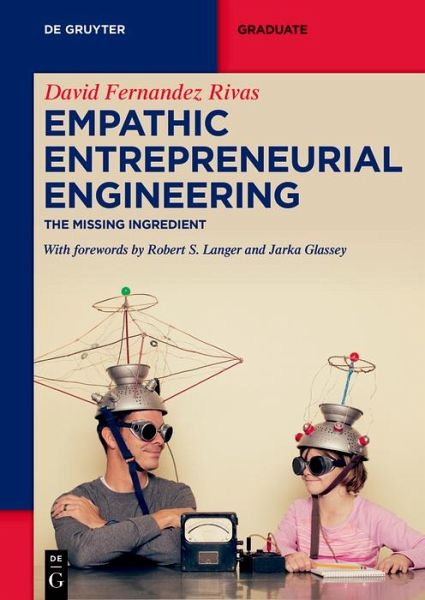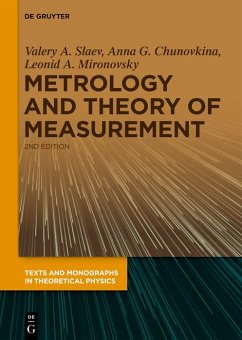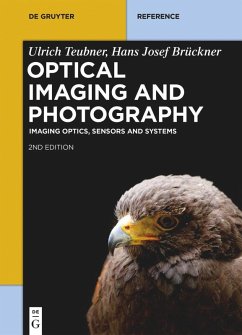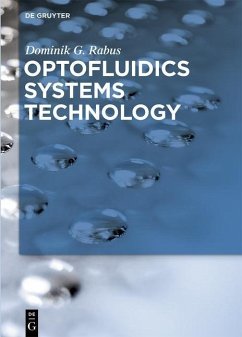
Empathic Entrepreneurial Engineering (eBook, ePUB)
The Missing Ingredient

PAYBACK Punkte
16 °P sammeln!
How can empathy and persuasiveness help us become better professionals and address society's big issues? You can fi nd the answers in this guide to solving problems based on stories from scientists and company founders.
Dieser Download kann aus rechtlichen Gründen nur mit Rechnungsadresse in A, B, BG, CY, CZ, D, DK, EW, E, FIN, F, GR, HR, H, IRL, I, LT, L, LR, M, NL, PL, P, R, S, SLO, SK ausgeliefert werden.













